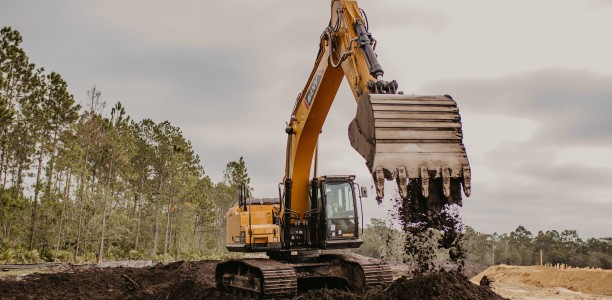Considering renting heavy equipment? Making the right decisions in the rental process is crucial to ensure efficiency, safety, and cost-effectiveness. This guide offers insights and tips on what to look for, how to navigate rental agreements, and steps to ensure a smooth equipment rental experience.
Determine which machines you need
Before getting into a heavy equipment rental, you must understand precisely what machinery you need for your project. Making the right decision can save you time and money and avoid potential project delays. Some of you reading will know this, but if you’re starting a new project or want to learn more, here's a guide to help you determine the best fit:
Start by clearly defining the scope and nature of your project. For instance, excavators are perfect for digging, grading, and lifting, while skid steers are versatile machines often used for digging, drilling, and pushing material. The size and depth of excavation, the type of soil or material you're working with, and the space constraints can all influence the type of equipment you need.
The time you'll need the machine can also determine the type. Some machines may be more cost-effective for short-term projects, while others might be better suited for prolonged use.
Once you've identified a potential machine, delve deeper into its specifications. Look at factors like horsepower, digging depth, lifting capacity, and any attachments that might be beneficial. Ensure the equipment can handle the workload and conditions of your project.
It's the age of information, and there's likely a trove of data online about almost any machine you're considering. Look for reviews from other professionals who've used the equipment in similar conditions. Their insights can guide your decision.
Ensure that the machinery you're considering meets your area's safety standards and compliance regulations. Some machinery might have specific emissions standards or safety features that are mandatory.
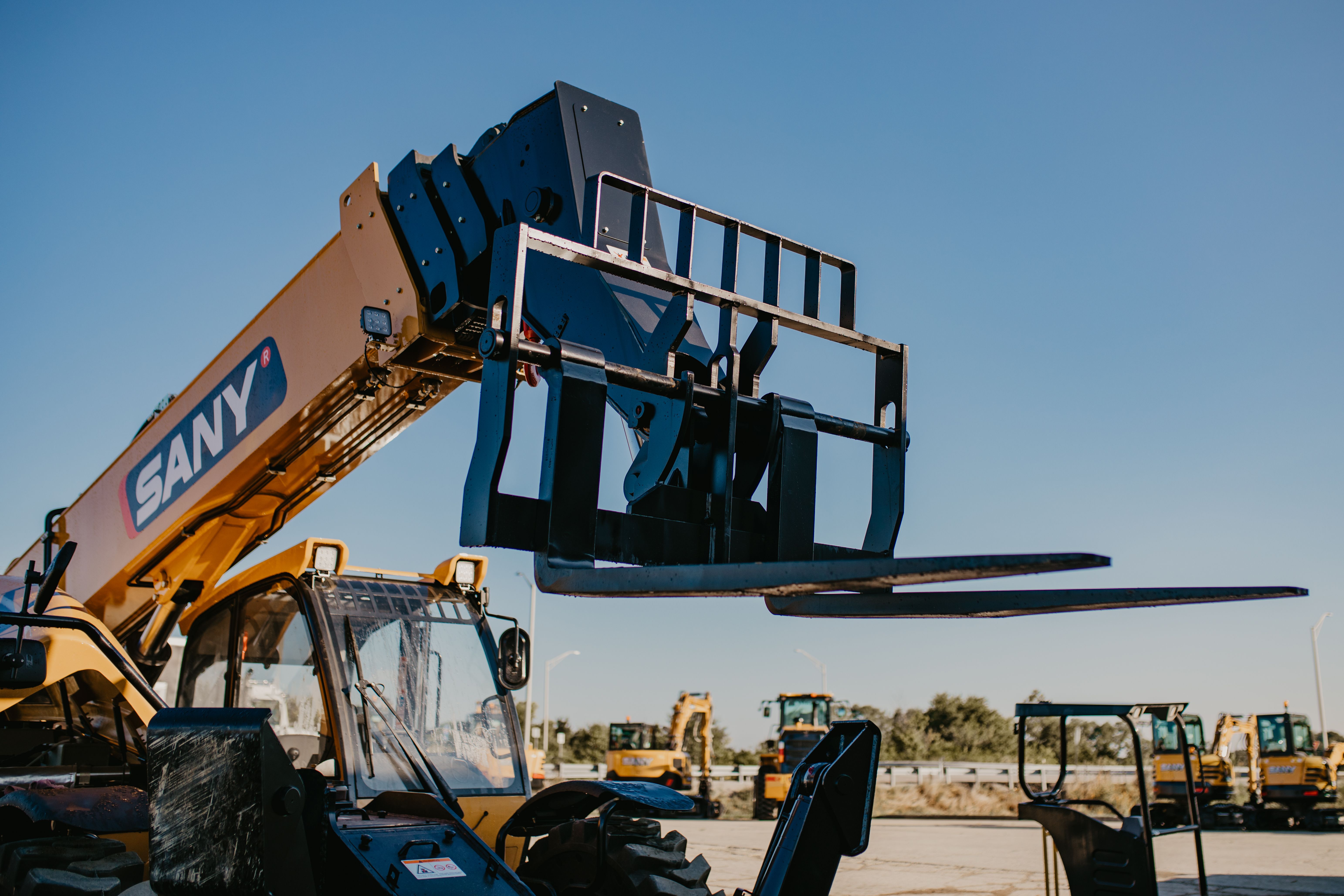
Read the rental agreement for full terms and conditions
The rental agreement is the binding contract between you and the rental company. It outlines the responsibilities, charges, and expectations for both parties. Overlooking or misunderstanding any part of this agreement can lead to unexpected costs, disputes, or even legal actions. Here's a closer look at some essential sections:
Insurance is pivotal when renting heavy machinery. Damage to the equipment, or caused by the equipment, can result in hefty bills. Make sure to understand the following:
At MTR Heavy Equipment, we require all renters to provide their own machine insurance.
Maintaining the machinery is crucial to ensure it operates efficiently and safely. Understand your role in this:
We prefer to maintain our rental machines at MTR Heavy Equipment. But if that’s not practical, we’ll help you work with an outside vendor to maintain the machine properly.
Logistics are a significant part of the rental process, impacting your project's timeline and budget:
We work with you to coordinate delivery to your job site, wherever possible. Or hey, if you’ve got the equipment to haul your rental, we’ll help you load it up.
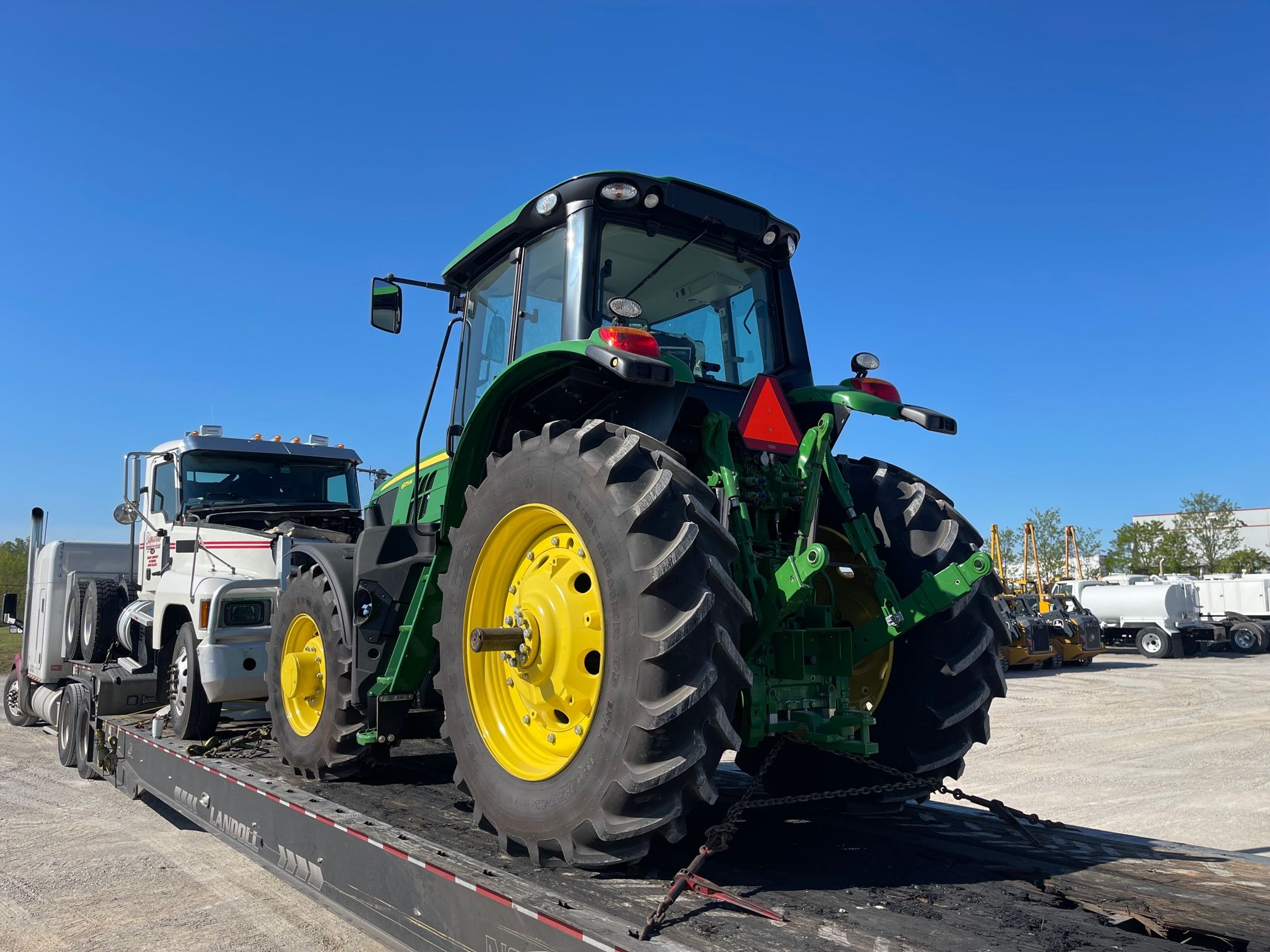
Inspect the Machine
Whenever you rent heavy equipment, a thorough inspection is crucial before using and returning it. This process helps identify any existing damages, ensures the machine is in good working condition, and prevents being held liable for issues you didn't cause. If the first time you see the rental will be when it’s delivered to a job site, be sure to do this ASAP.
Ensure all safety features, like alarms, mirrors, and safety belts, are in place and functional.
Feel free to ask the rental company if you're unfamiliar with a particular machine or notice something unusual. It's better to clarify doubts upfront than face challenges during your project.
Remember, a thorough inspection is not just about protecting yourself from extra charges. It's about ensuring the equipment you're renting is safe and fit for purpose, which is vital for your project's successful and timely completion.
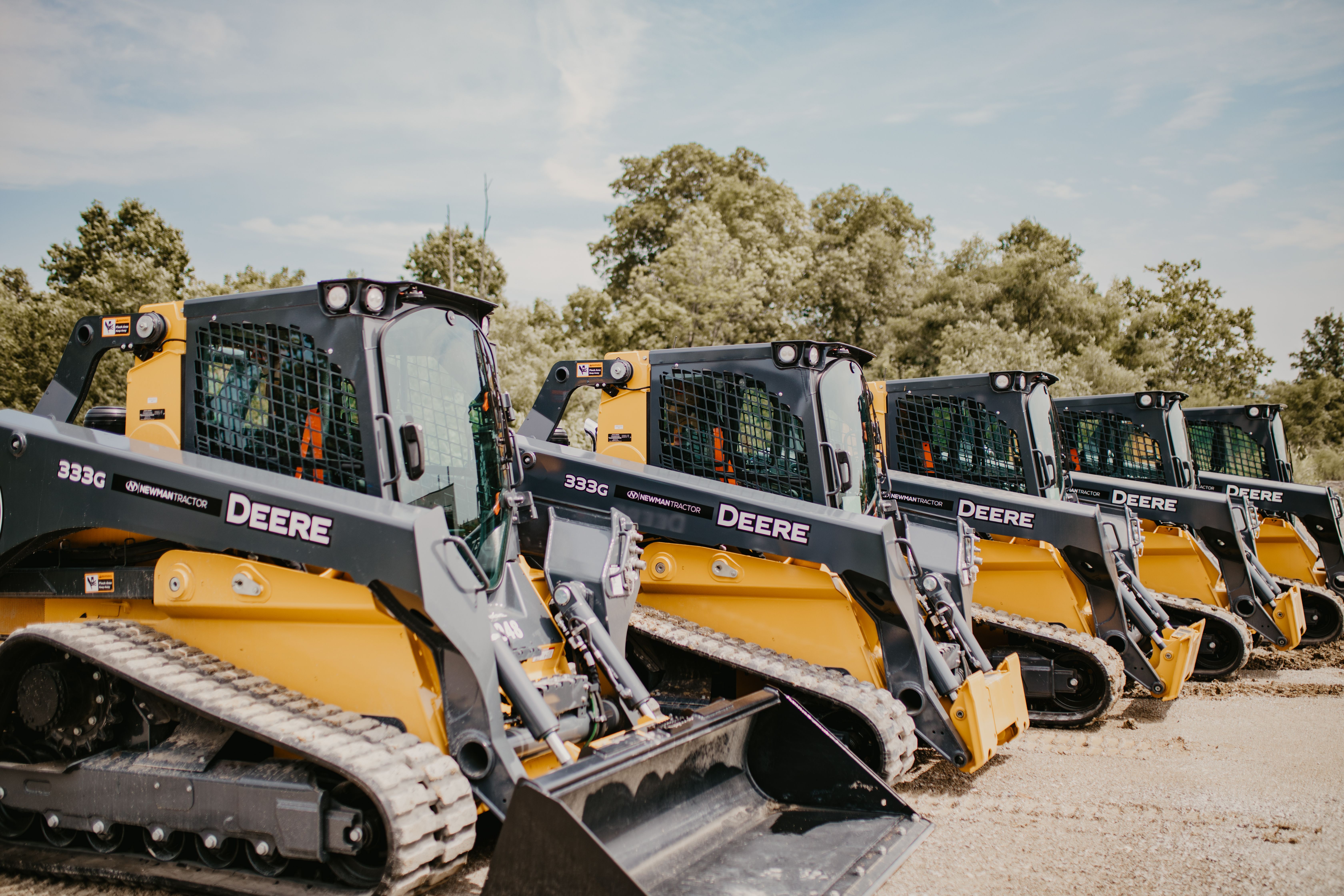
Secure Your Rental Equipment
Protecting your rented heavy equipment from theft, vandalism, and unintended damages is crucial. Not only does this save you from potential replacement or repair costs, but it also ensures that your project timeline remains on track. Here are some fundamental steps to ensure your equipment's security.
Understand the Expenses
Renting heavy equipment may seem straightforward, but several associated costs can influence your project's budget. Understanding these expenses beforehand can prevent surprises and help you allocate funds more efficiently.
Rental companies can require a deposit upfront (but not all), a security measure against potential damages or contract breaches.
Some deposits are fully refundable upon return of the equipment in proper condition, while others may have a non-refundable portion.
Understand the circumstances under which the company might deduct amounts from your deposit, such as minor damages, cleaning fees, or fuel charges.
Fuel consumption can be a significant cost, especially for larger machines and long-term projects.
Where you keep the equipment when it's not in use can also have associated costs.
Beyond the standard rental fee, additional charges might incur on various circumstances.
Being aware of all potential costs allows for more accurate budgeting and ensures that unexpected financial hurdles don't stall your project. Always clarify any ambiguities in the rental agreement to be particular about the expenses you're incurring.
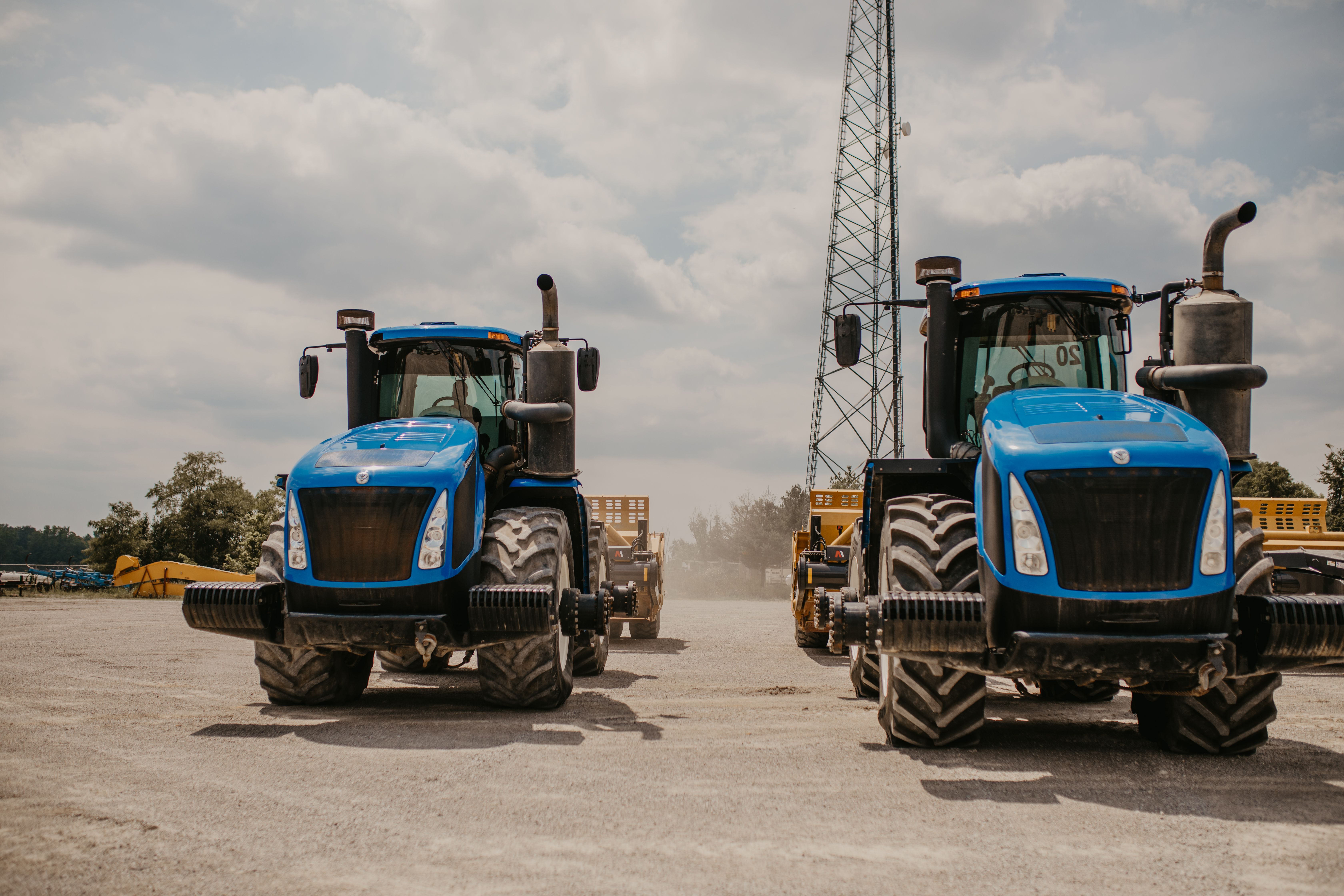
Ensure Emergency Support
Whether it's equipment malfunction, sudden breakdowns, or any other unexpected events, having a solid emergency support system can make the difference between minor setbacks and significant project delays.
When an accident involving rented heavy machinery, immediate action is essential to ensure everyone's safety, protect the equipment from further damage, and comply with legal and contractual obligations.
A comprehensive emergency support plan can help mitigate risks, reduce downtime, and ensure the safety and efficiency of your operations. Always prioritize companies that demonstrate a solid commitment to customer support and safety.
We offer a 24-hour emergency service repair line for after hours, in case anything should happen.
Keep it in Good Condition
Renting heavy equipment can be a significant investment, and maintaining its condition is not just a contractual obligation but also a way to ensure seamless operations. Here's how to ensure the equipment remains in top shape:
Each machine has specific operating guidelines for a reason. These guidelines help prevent faster wear and potential breakdowns and are crucial for ensuring the safety of the operator and everyone on the job site.
It's easy to feel "comfortable" when operating machinery, especially if you're trained and capable. However, comfort can be deceiving, mainly if it's a machine you don't use daily. Even experienced but younger operators can make life-threatening mistakes when they push the equipment beyond its limits.
We've heard horror stories where seemingly minor deviations from operating guidelines led to situations that could have resulted in loss of life. When operating heavy machinery, it's essential to always think about the task and how the machine will handle it. Something as simple as adding more weight could turn a routinely safe job into a dangerous situation.
So, always adhere to the operating parameters and never let your guard down. Your safety, and the safety of your team, could depend on it.
If you notice any malfunction or issue, report it to the rental company immediately. They might provide guidance or send someone to address it. Minor issues, if ignored, can escalate into significant problems that might be costlier to repair.
This includes using the right type and quality of fuel, lubricants, and hydraulic fluids. Low-quality or incorrect consumables can reduce performance and cause damage.
Avoid extremely dusty areas, corrosive environments, or overly wet conditions unless the equipment is designed for it. These can accelerate wear and lead to malfunctions.
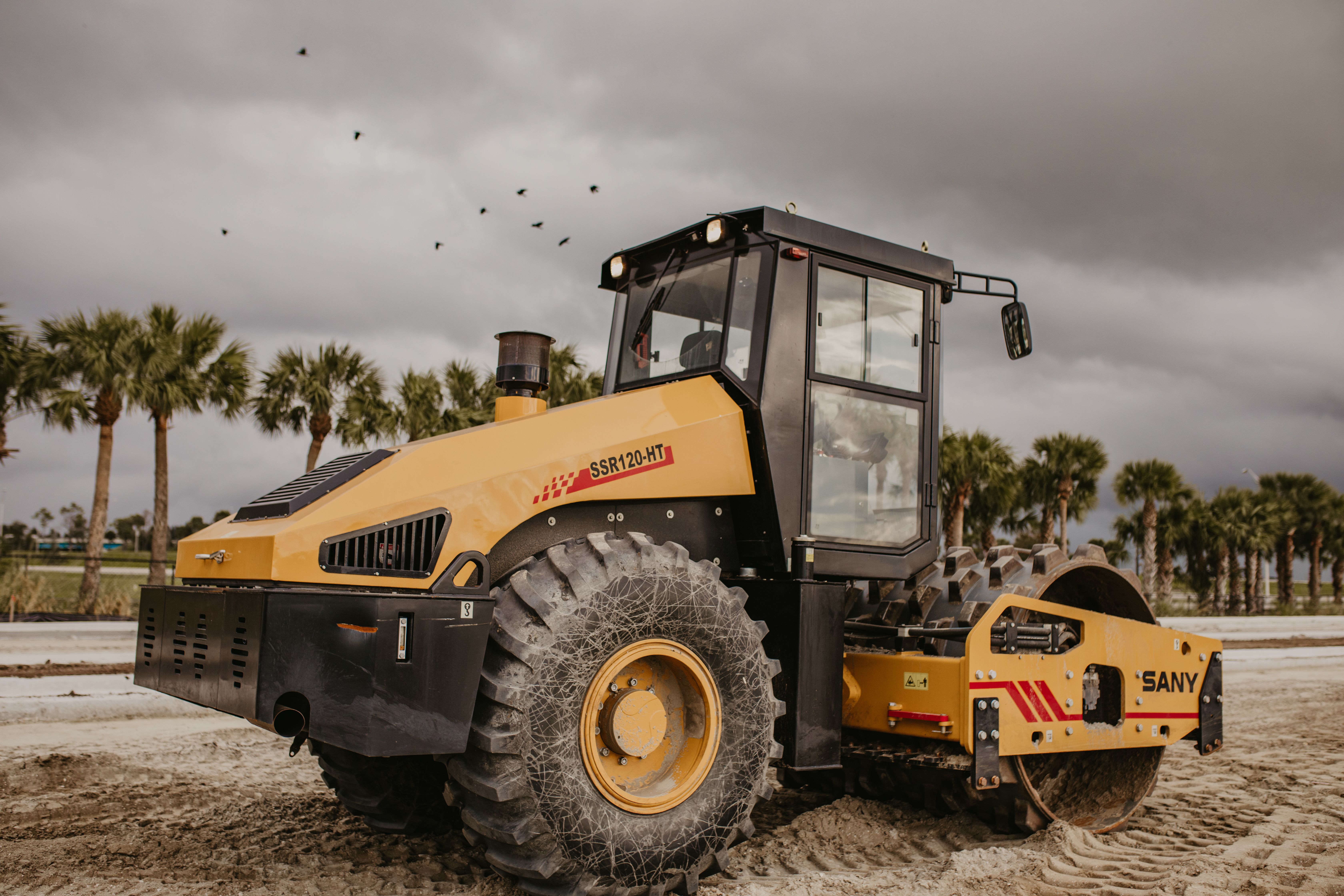
Extending Your Contract
Sometimes projects don't go as planned, or perhaps the scope changes midway, necessitating the extended use of rented equipment. Navigating this situation properly can save money, time, and potential headaches.
Contact the rental company as soon as you anticipate the need for an extension. This early communication can secure the availability of the equipment. Other clients might be waiting to rent the same equipment, so don't leave this to the last minute.
If you had procured insurance for the equipment, remember to extend the coverage period. This ensures that the machinery remains protected under the new contract duration. Failure to do so can lead to potential liabilities in damages or accidents.
Rental Purchase Options (RPO)
Rental Purchase Options, commonly called RPO, allow renters to apply a portion of their rental payments toward purchasing the equipment. This can be an attractive proposition for businesses, especially if they foresee long-term needs for specific equipment.
RPO is essentially a hybrid agreement that begins as a rental but allows the renter to purchase the equipment anytime during the rental period. Typically, a percentage of the rental payments will be credited towards the purchase price.
If you purchase, inquire about any warranties that are still valid on the equipment.
Also, consider the machine's maintenance history. Since you've been renting it, you should have a good idea of its condition, but it's always good to conduct a thorough check before making the final purchase.
Is It Worth It? Buying vs. Renting
Renting heavy equipment offers a flexible and cost-effective solution for many projects. Before committing to a rental, it's vital to understand the terms of the agreement, assess the actual costs, and ensure the machinery aligns with your project's needs. Whether you buy new, buy used, or rent, making an informed decision can significantly impact your project's success and your company's bottom line.
Browse Rental Options

